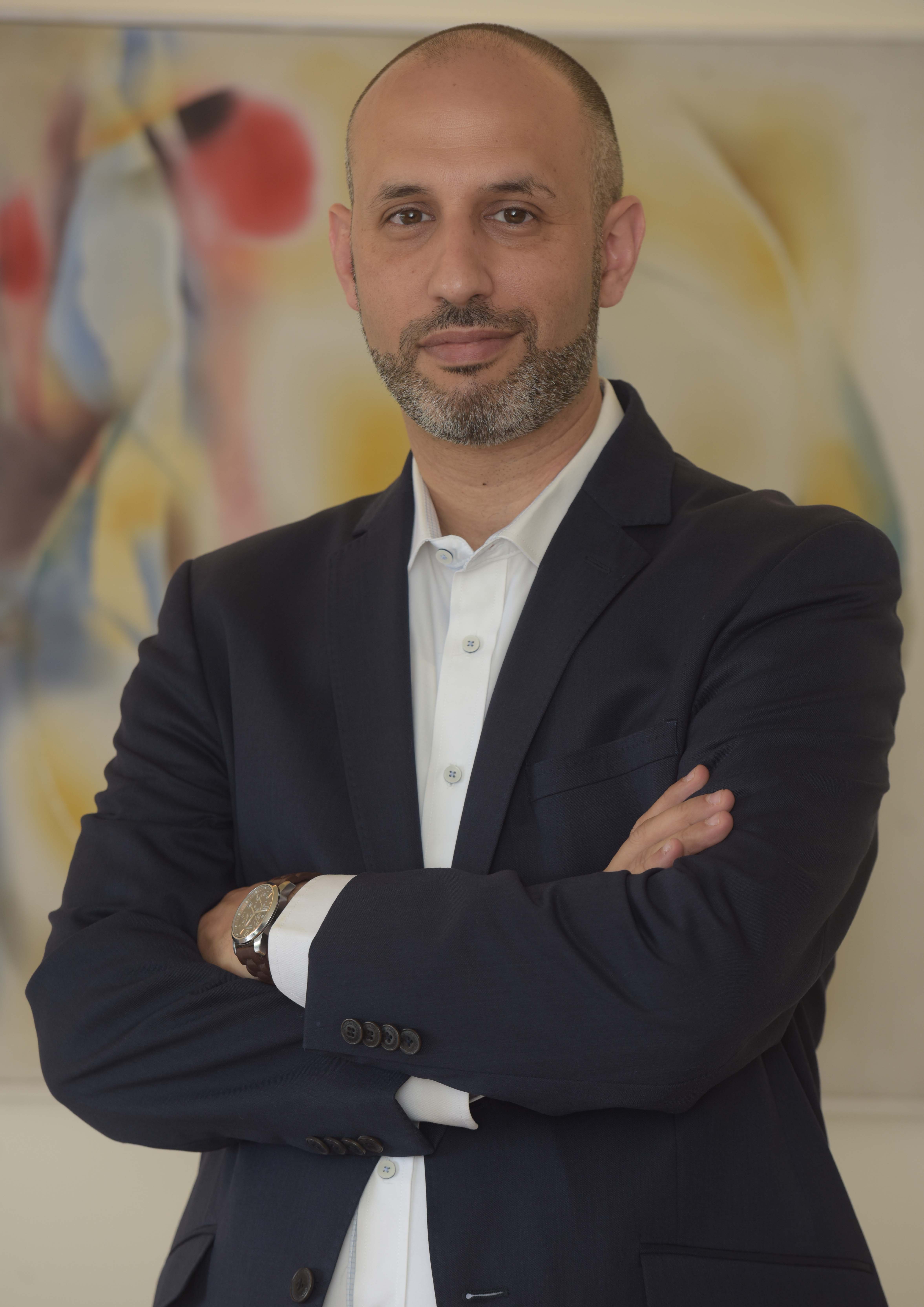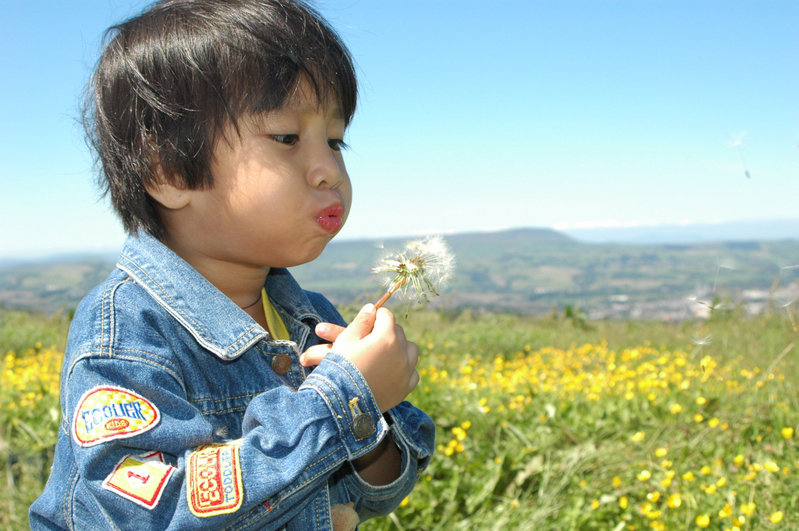Transitions
Article By Nuphar Tavor
 We are so busy trying to build ourselves a permanent, stable, comfortable life environment. Our steady job, the people we meet, the things we do when we are not at work.
We are so busy trying to build ourselves a permanent, stable, comfortable life environment. Our steady job, the people we meet, the things we do when we are not at work.
Stability is very important to us, perhaps to every living creature. We need reassurance that tomorrow will look more or less like yesterday and today. And amazingly, this is true to some extent even if yesterday and today were not so great.
But is there stability in life? Permanence? Isn’t that an illusion we are trying to hold on to? maintain? Sometimes even when there’s a painful price to pay?
We sometimes think we achieved it. We managed to build a life of routine. Home, work, family, friends. And precisely when we seem to have reached our goal, things change. Something moves, something is asking us to move, something is going wrong. Breaking down. And we ask ourselves – why now?
Perhaps it’s happening at that moment exactly because we have settled down. Maybe we even stagnated a little, dozed off, and life is telling us that it’s time to move again, to set out on a journey. The journey is the important thing. Our pains and gains, the lessons we learn – all of these are part of the great adventure that is life itself.
Will we listen? Will we try to delay the inevitable? Ignore it? Will we shut our ears and ignore the hints we get from life? Or will we listen, pay attention to the clues, to the lessons beckoning us, to the wind that wants to blow on our faces and hair once again?
I work as a math teacher at a high school for at-risk youth. In the Ministry of Education and among civil servants in general, there is something called tenure. You usually get tenure after three years of seniority. After that they cannot fire you or reduce your benefits (or at least it’s harder).
The personality is attracted to stability and security. Although it’s not a lot of money, still – a teacher, I sometimes see it as a “golden cage” of convenience. Looking besides you one can see teachers who have been working in the same place for twenty or thirty years, whether they like it or not. Some work on automatic, out of habit.
When I came to work at the school, I felt I had found my place, that I had found a home. There was a lovely staff and teachers who give their heart and soul. After all, you have to be such a teacher to work in such a school, with such students.
In one of the training courses I took this year, we learned about the changing world of employment, about the fact that in the future many professions that exist today will completely disappear and that our students and children will engage in professions that we cannot even imagine now. But even without going far into the future, there is already a tendency among young people, especially, but not only, in the hi-tech fields, to change jobs every number of years (an increasingly smaller number), and to freely zigzag between jobs and even between different professions and occupations, trying out things and experimenting. This is all very different from how their parents’ generation did it.
Perhaps it can be called frantic, and perhaps – at least some of the time – it is about pursuing money and improving material conditions. But this tendency certainly signifies an inclination to movement, mobility, broadening horizons, the freedom to choose, and again to choose, and again to choose, the freedom to find, and then to discover after a year or few that it’s time to move on.
And yet, after working for some time at the new place, the questions, doubts, voices I did not want to hear began to arise in me – I tried to ignore them. I had questions like, am I doing the right thing? Am I in the right place? Am I where I can contribute the most? And the biggest question of all for me, and I guess for all of us, was: are my actions meaningful?
I thought I had found a home, I thought I had found my place, and I even had a feeling I was doing the right thing. So why was it coming up again? Why was it impossible to settle down and enjoy some peace and quiet?
I was able to avoid all these questions for a while. But not for long. I needed the courage to address them. The courage to leave what we know – no matter how good it is; the courage to allow the ground to slip from under my feet; The courage to go out into the unknown; The courage to put the other considerations aside. And here life came to my aid; as it always does, although we don’t always perceive it that way.
Towards the autumn, an offer came at my door – to move to the north of Israel, to live near the Sea of Galilee. Sounds amazing. But it also meant leaving my job, where I live, moving away from most of my friends, from the environment I have built for myself in recent years and where I have finally felt at home.
During my deliberations I did as friends advised and made a list of pros and cons.
The cons list was very long. On the other hand, the pros list included only one argument – it’s my dream. I looked at the list and it was immediately clear that it was not a matter of quantity.
It doesn’t matter how many things I had on the list of cons, because what do they all matter when facing the pursuit of a dream? And yet I realized that there is also a certain fear in going after a dream – the fear that the dream will not turn out so great, and that I will be left with nothing. Then I realized that that’s okay too, because even then I can continue to change, to change myself, to refine my actions, and reach a more precise dream.
The proposal reached my door shortly before the fall. And for a good reason, related to nature. Nature teaches us much, if we are willing to listen, to observe. Although we are used to a linear life – running at a more or less constant pace, more or less goal-oriented – nature teaches us that there are cycles. That things, us included, do not develop linearly, but cyclically. The year, for example, is divided into four seasons, and each season has its own energy and unique character.
Thus, autumn teaches us to let go of the past cycle, to shed unnecessary layers. Just as in nature, the trees shed their leaves. But they do so not to remain naked, but to be reborn in spring, with new leaves, new blossoms, new beginnings, towards a new cycle. In this sense if we do not let go of the past, how can we renew ourselves, learn and evolve? How can we change and be a different person than we were yesterday?
It’s easy and pleasant to hold on to what we know, but it also limits us.
This doesn’t mean of course we need to jump from one thing to another. But we must teach ourselves not to be afraid of change, and especially not to be afraid to ask questions, to explore. It was only when I allowed myself to seriously consider the offer to move that I “remembered” the questions and doubts I already had about my work but pushed aside. I wanted so badly to hold on to the feeling that I had found a home.
Sometimes, when we dare to listen to the questions and doubts that arise in us, we notice that they have been there for some time and just wanted to signal to us and grab our attention, but we didn’t let them come to the surface at all. And yet they were there, waiting for us to listen, to have the courage to look directly at reality as it is, and not at the fantasy we were trying to create.
During my work with at-risk youth I felt a sense of purpose, something I needed so much. I chose to tie myself to boys and girls that probably had their last chance for a structure, before they were ejected from the system. These are teenagers whose great achievement, first and foremost, is that they go to school and are not in the streets.
And yet, we seek to lead them to academic achievement relevant to their age and to the coveted matriculation certificate, which we believe will allow them a better starting point in regards to employment and advance their integration into society as adults.
We usually talk about acknowledging them, hugging them when they get in in the morning. Some of them come from a home where hugging is not the first language. But once they enter the classroom, we try to put them in a learning framework, in a pattern, and they don’t always understand how it relates to them. We try our best to get them to accept knowledge, but they do not understand its connection to their daily challenges, and therefore they are not interested in knowing it and they oppose it, each in their own way.
I don’t think that work is unnecessary. I think they are our future, and it is important that they have a broad knowledge, know about history and citizenship, open a book, have some basic mathematical understanding and more; But not for the sake of achievement and competitiveness, not in order to “align” themselves with a formal definition that is far removed from their abilities, troubles and heart – but to give them real tools that include the ability to perceive and think and the ability to observe our world and understand the processes that take place in it. Thanks to all these they will also be able to gradually find their place in it.
There is a tendency to put the emphasis on getting a matriculation certificate, demanding achievements, trying to “normalize” the students and to put them under such and such definitions. But I’m not sure this is the best way. And as long as that’s the case – their whole day seems not like a hug, but like a battle. And that’s not why I’m there.
It so happened that the same opportunity to move north made it possible to reopen all the questions and not take anything for granted. I nudged myself to ponder what I really wanted to do in the north and how I would refine my work as a teacher. There are quite a few alternative schools today that focus on the natural, inquisitive learning process, and do not sanctify this certificate or the other. Maybe there I will feel that I am next to the students, and not in front of them (or against them).
I will make my place and my contribution more refined over there.
The name of this article is Transitions, but the transitions take place first within me, within us: the transition from being automatic to asking questions; from choosing (often unconsciously) blindly or closing our eyes, to brave observation; from choosing comfort, to a life of development, a life that is a constant adventure. And in my case also from the center of the country to the north.
But these transitions can be made everywhere, even without changing one’s workplace or relocating, and not only on the occupational level but on all levels of life.
Because that’s life. Life does not stop. There is no stagnation in life. Life is constant motion. And so can we be.
Nuphar Tavor (11.1973 – 08.2021)

Image Credits: By Jacob Colvin | Pexels | CC0
The entity posting this article assumes the responsibility that images used in this article have the requisite permissionsImage References
By Jacob Colvin | Pexels | CC0
Permissions required for the publishing of this article have been obtained
Article References
Translated from the Israeli Acropolitan Journal




What do you think?